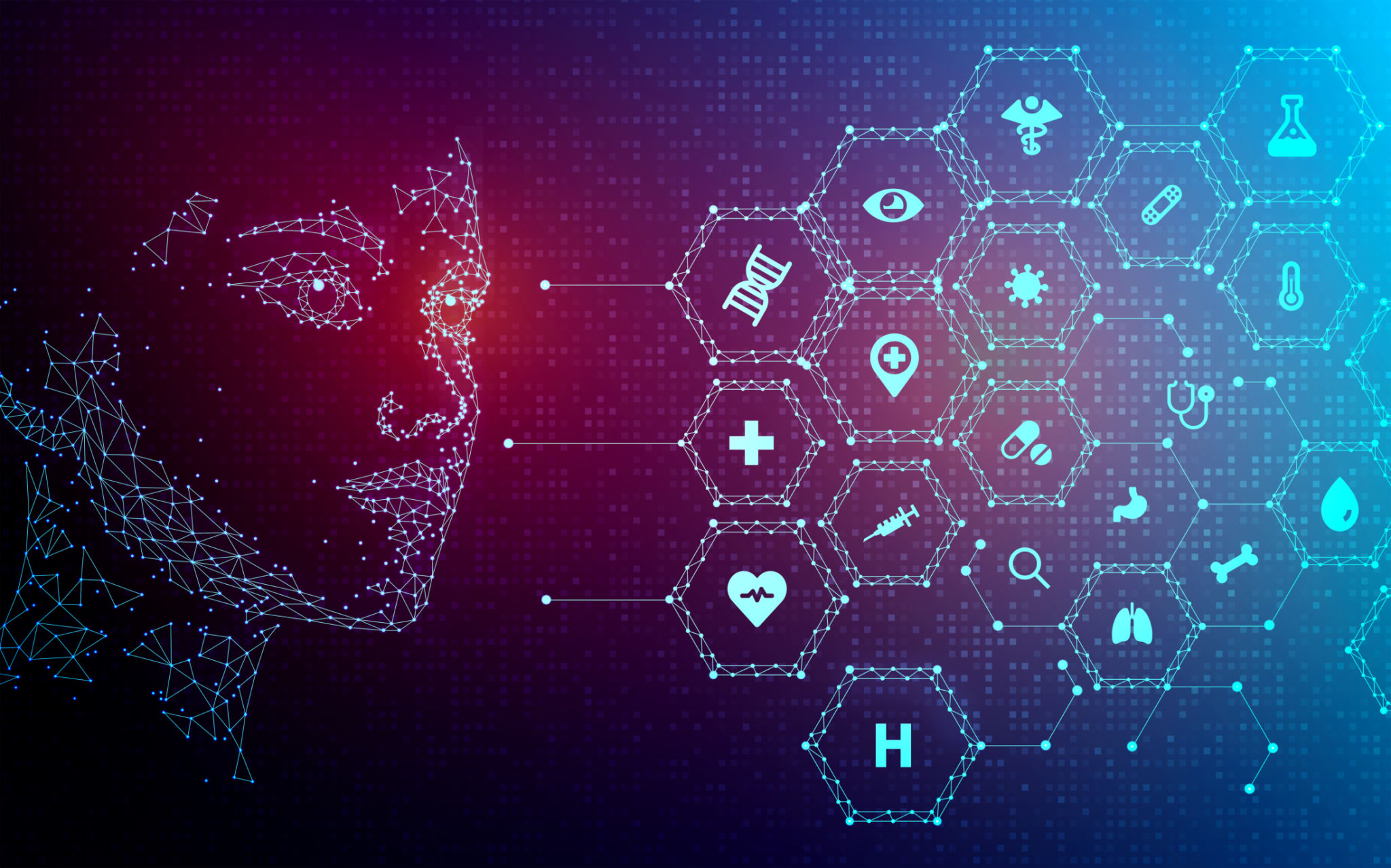How AI is Revolutionizing Medicine: A Comprehensive Guide
The Role of AI in Diagnostics
Artificial Intelligence is dramatically transforming the field of diagnostics, empowering healthcare professionals to make more accurate and faster decisions. By leveraging machine learning algorithms, AI can analyze vast amounts of medical data, including imaging, pathology reports, and genetic information, to identify patterns that may be too subtle for human eyes. This capability significantly enhances early detection and treatment outcomes for diseases such as cancer, heart disease, and neurological disorders.
One of the most notable advancements is in medical imaging. AI algorithms can now scan and interpret x-rays, MRIs, and CT scans with remarkable precision, often surpassing human radiologists in detecting minute anomalies. This not only improves diagnostic accuracy but also reduces the workload on medical staff, allowing them to focus on patient care.

AI in Personalized Medicine
The advent of AI is ushering in a new era of personalized medicine. By analyzing individual genetic profiles alongside lifestyle and environmental factors, AI can help tailor treatments that are specifically suited to an individual's unique genetic makeup. This approach promises improved efficacy and minimized side effects, transforming how diseases like cancer are treated.
AI-driven platforms are already in use to recommend personalized drug therapies, predict patient responses to particular treatments, and even assist in designing new drugs. By integrating AI into genomics and proteomics, researchers can uncover insights that lead to the development of more effective treatment plans.

Revolutionizing Surgery with AI
Surgical procedures are also benefiting from the surge of AI technologies. Robotic surgery systems equipped with AI capabilities allow for incredible precision during operations. These systems can assist surgeons by providing real-time data analysis and visualizations, reducing the risk of human error.
Moreover, AI-powered robots can perform minimally invasive surgeries with enhanced dexterity and accuracy. This leads to quicker recovery times for patients and a reduction in complications associated with traditional surgical methods. The integration of AI in surgical procedures represents a monumental leap forward in medical technology.

AI in Predictive Analytics
Predictive analytics powered by AI is reshaping preventive healthcare. By analyzing patient data, such as electronic health records and lifestyle information, AI can predict potential health risks and suggest preventive measures. This proactive approach can help in early intervention and reduce the incidence of chronic illnesses.
Healthcare providers are increasingly employing AI tools to forecast patient admissions, manage hospital resources efficiently, and even predict disease outbreaks. With the ability to process and learn from real-time data, AI ensures that healthcare systems can respond swiftly to emerging health challenges.

Challenges and Future Prospects
While the benefits of AI in medicine are vast, challenges remain that need addressing. Issues such as data privacy, algorithmic bias, and the need for rigorous validation of AI tools are critical concerns for stakeholders in the health sector. Ensuring that AI systems are transparent and ethically sound is imperative for gaining trust from both healthcare professionals and patients.
The future prospects of AI in medicine are promising. As technology continues to advance, we can anticipate more sophisticated applications that will further enhance patient care and outcomes. Collaboration between tech companies, healthcare providers, and regulatory bodies will be key in realizing the full potential of AI-driven healthcare solutions.